People of all ages and capacities can enjoy hiking, as it's a pleasurable pastime. When compared to other hobbies, it can be a cheap pastime and a terrific way to maintain your health.
It is more than a pastime.
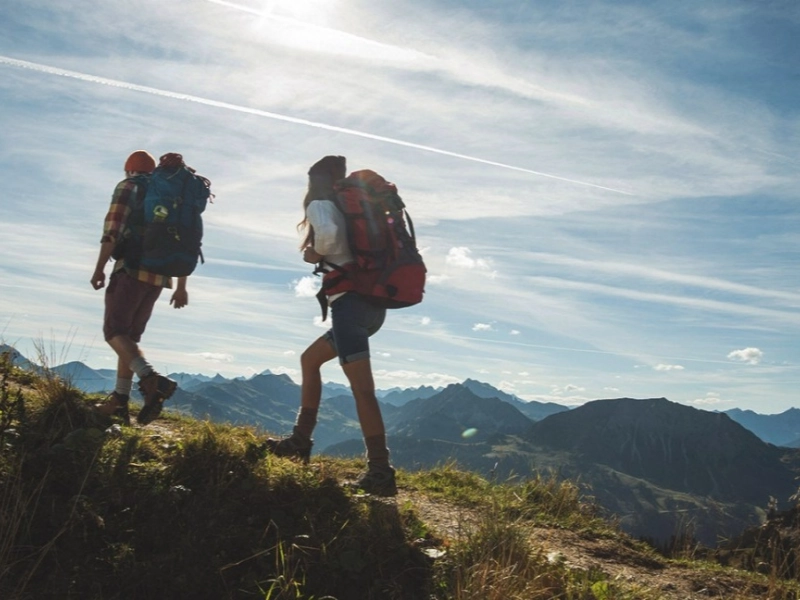
Hiking is an exercise activity that lets you experience the outdoors on foot. It is an excellent way to decompress, and the sense of being in the great outdoors can do wonders for your mental well-being. Hiking is more than just a pastime; it may enhance your life and even aid in weight loss.
Your stabilising muscles, which are essential for avoiding common injuries, get stronger as you hike. The majority of common injuries happen when you suddenly change directions, like when you tread on a rock or dangle a branch. Your body may overwork other muscles as a result, resulting in a pull, strain, or injury.
Hiking also has the effect of lowering blood pressure and stress levels. Additionally, it might elevate your mood and enhance your sleep cycle. This is due to the fact that it may cause melatonin to be released, which is necessary for sleep. It can also enhance your cognitive abilities.
As a means of maintaining health

Not only is hiking a simple, enjoyable form of exercise, but it can also have positive effects on your emotional well-being. According to studies, hiking improves mood, lowers stress levels, and fosters a stronger sense of connection to the natural world. It may even enhance your slumber habits.
Hiking tests your ability to make quick decisions in a changing environment. It develops the stabilising muscles that guard against common injuries like back problems and works your legs in addition to requiring you to move in numerous planes.
Hiking is a fantastic approach to dealing with climate anxiety, which is the tension brought on by a sense of helplessness regarding the effects of global warming on our earth. Hiking has been shown to reduce stress, which is linked to poor sleep patterns and a bad attitude. It can also improve your capacity for creativity and thought. This is because hiking helps you escape the tensions and distractions of everyday life.
It's a means of fostering a relationship with nature.
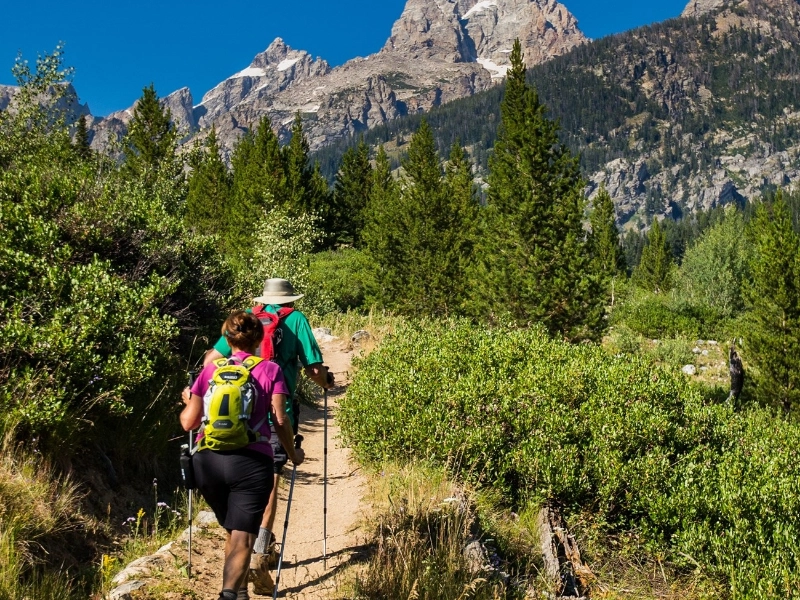
Hiking is a very fulfilling activity that motivates those who incorporate it into their wellness regimen to be dedicated. It can elevate your mood, facilitate better sleep, and aid in illness prevention. A sense of well-being that can be difficult to attain in the connected, overstimulated world of today can also be obtained from it.
Since they frequently travel alone, hikers must bring supplies, including food, water, and sleeping bags. They walk for several hours at a time and frequently traverse challenging terrain. While many hikers find trekking to be beautiful and challenging, others are more passionate about environmental conservation and dedicated to safeguarding natural resources.
Among the physical advantages of hiking are improved balance and stronger leg muscles. The smaller muscles in the legs are used more to maintain stability on steeper terrain. Additionally, the exercise enhances general balance and fortifies the core muscles. Hiking has been demonstrated to lessen oxidative stress in cancer patients and is a beneficial cardiac activity.
It's a means of being active.

An excellent way to stay active is to go hiking. It's a low-impact workout that builds your bones and muscles, strengthens your heart, and increases your endurance and balance. Moreover, it enhances the body's capacity to absorb and utilise vitamin D and burns calories. Athletes love hiking as a cross-training exercise. For example, professional ultrarunners use it as part of their training to lessen the strain on their bodies during lengthy races.
Hiking has many physical advantages, but it can also lower stress levels. You can feel calmer, and your mind can be quieted by the change of scenery, the organic cycles of nature, and the beauty all around you.
Another social activity that can strengthen your bond with friends and family is hiking. Working together to overcome challenging terrain will promote cooperation and communication. It will also help you to recognise the wonders of nature and instill in you the conservationist mindset that is necessary to protect them.
Advertisement
Recommended Reading: Best Ways to Save Money on Your Next Vacation



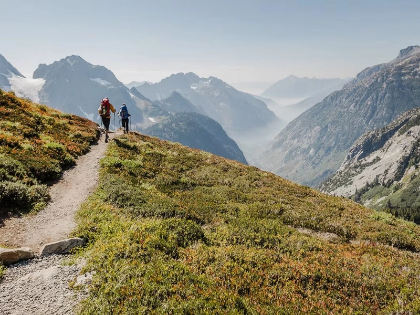

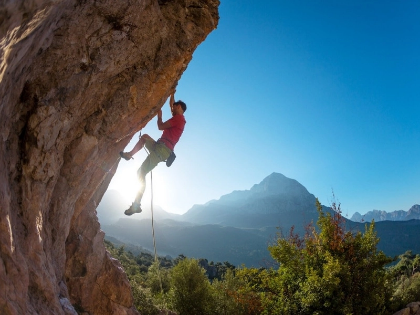
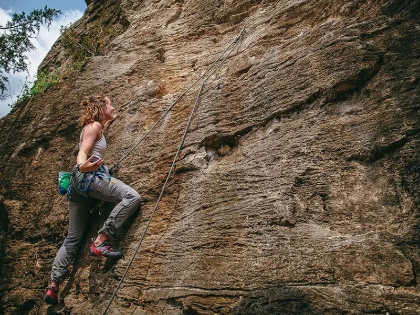





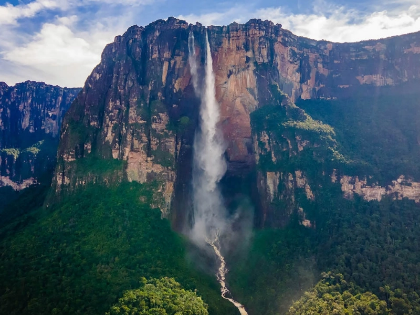

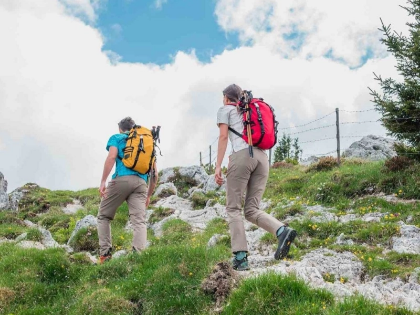
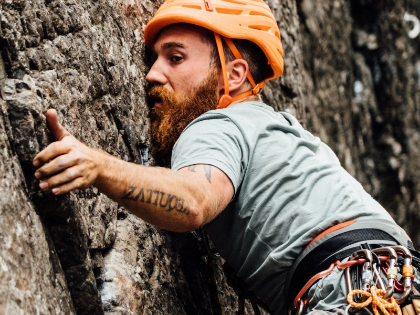
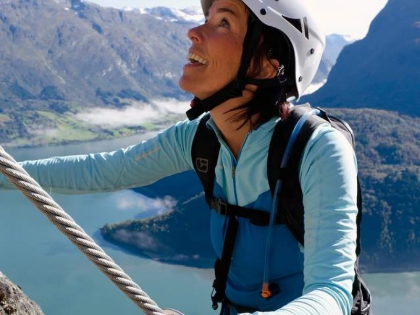

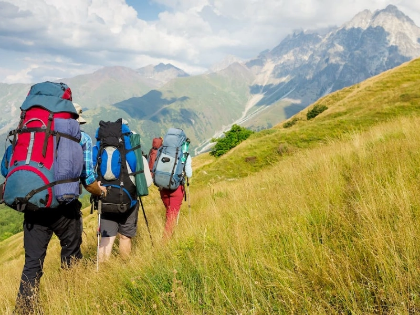

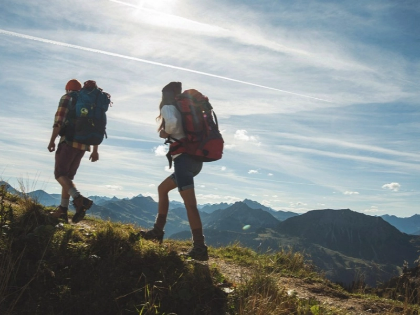



Good raw material for FAQs.
This invites action—start now?
This begs iteration cycles.